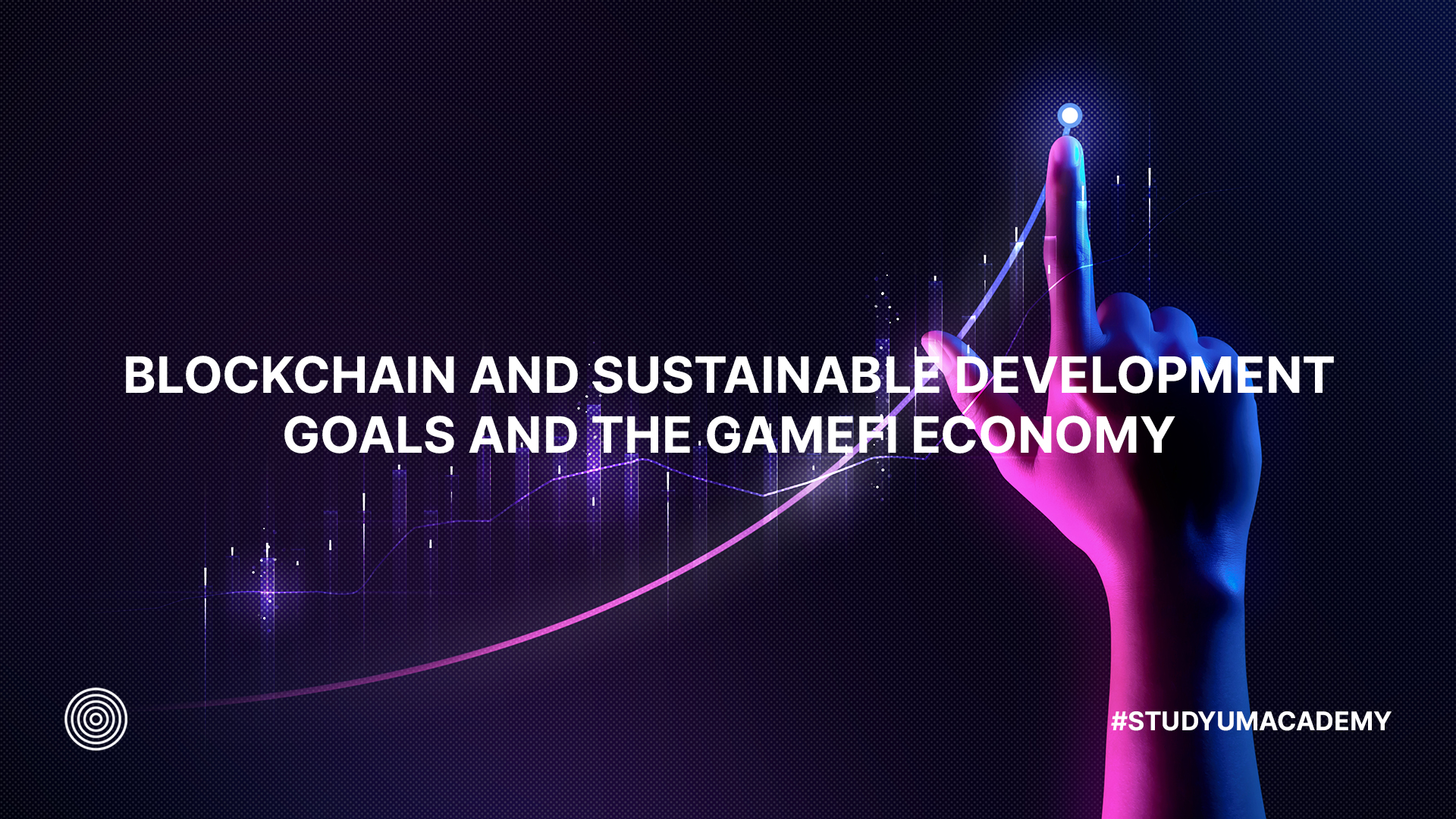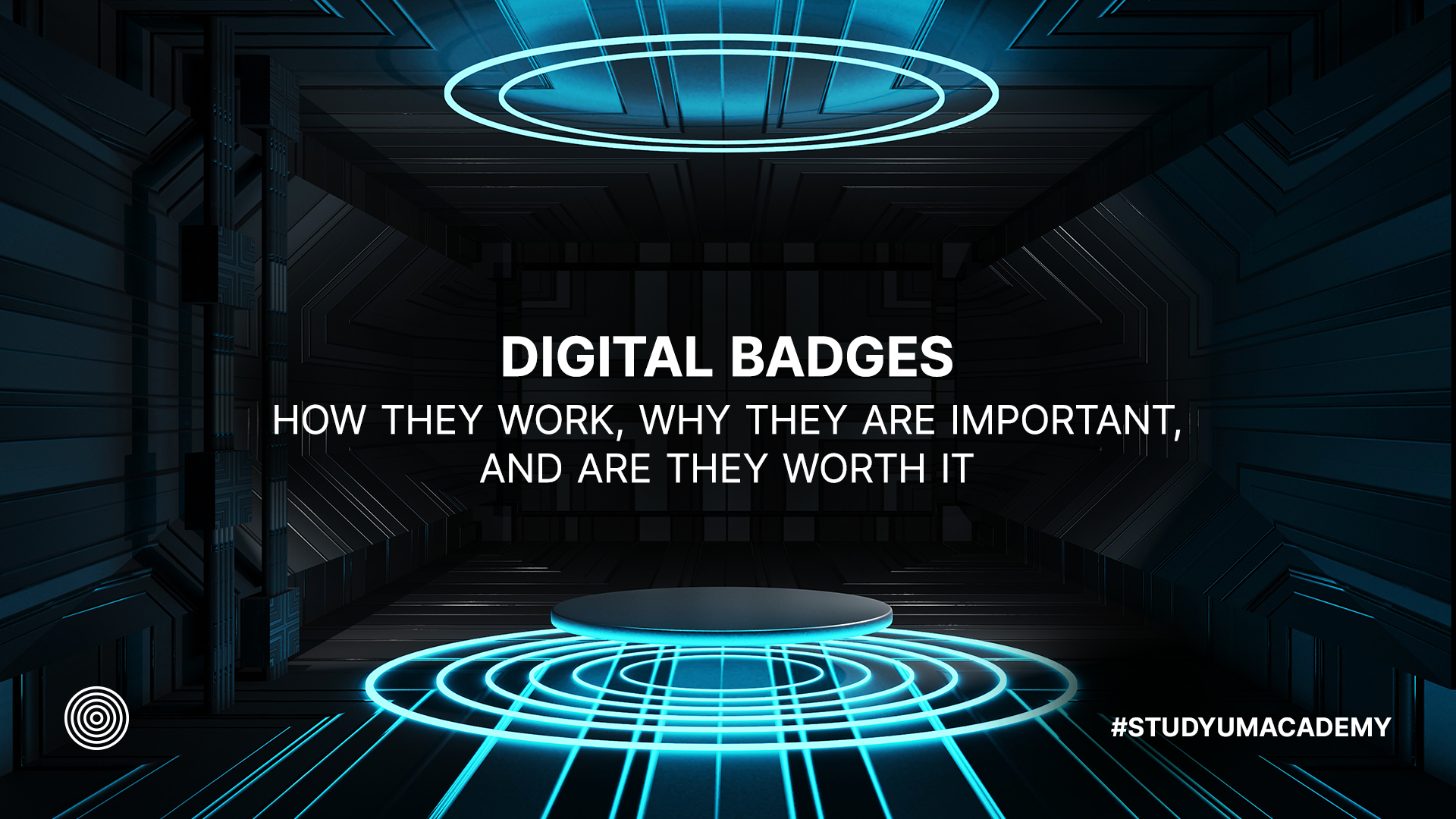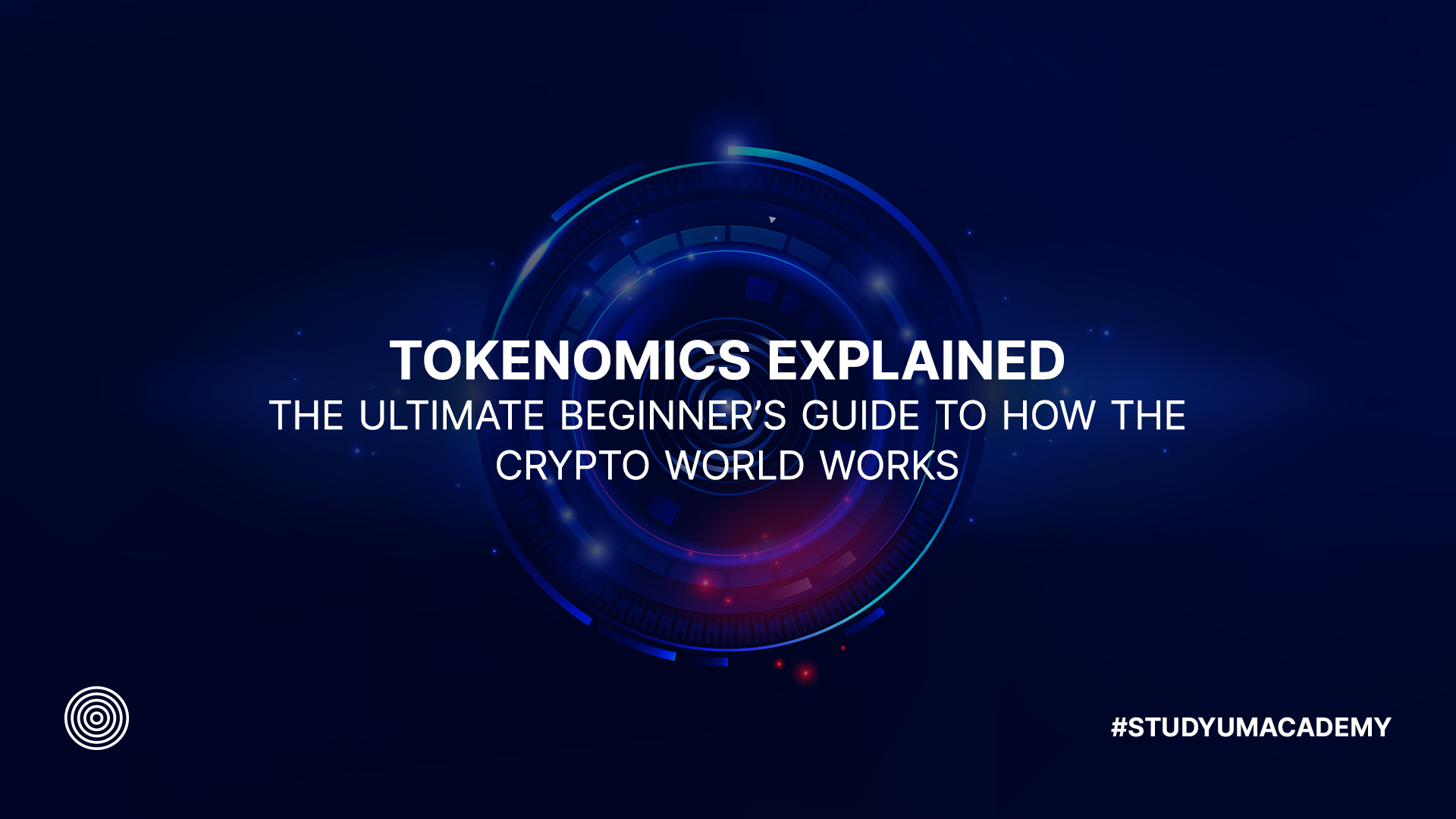By Jane Thomason
From the skepticism of its early days, blockchain has emerged into renewed hope for the UN’s Sustainable Development Goals. In 2018, we wrote Blockchain Technologies for Global Social Change and made the case for Blockchain as a game-changer for Global Social Impact. We wrote the book because we wanted to bring the audience back to consider the many ways that it can potentially leverage large-scale, positive social change for the betterment of humanity. In the book, we set the scene for the blockchain as a method for increasing accountability, transparency, and efficiency. We wrote about why change is likely to happen in emerging markets first. We demonstrated the democratic essence of blockchains, describing how they are used to provide healthcare, access to education and financial services; to promote socio-economic inclusion and equality, to provide digital identity and individual safety.
Now several years on, we are excited to see real projects emerging, that are showing what Blockchain and Frontier technology can do.
The multidisciplinary application of blockchain technology
The OECD and others also now see the potential of Blockchain as a digital enabler across the infrastructure value chain by mobilizing existing industry pledges to carbon reduction through establishing new financing platforms. The technology could align visibility with sustainability goals by enabling countries and stakeholders to track data and information on infrastructure projects. It can enhance awareness and access by acting as a transaction-enabling framework of new market models. Stablecoins, which could significantly improve the real-time settlement of cross-border transactions, are perhaps one of the most obvious examples, potentially benefiting migrant workers who transfer money to their families back home and the 2.5 billion unbanked.
We are witnessing a growth in the adoption of crypto in emerging economies and the 10 top countries with users of cryptocurrency globally include Kenya, Nigeria, South Africa, Venezuela, Colombia, and Vietnam. Chainalysis reports a trend in Latin America, Africa, and East Asia of people turning to crypto in order to preserve savings they may otherwise lose to economic turbulence.
This is important for women, who are often the most marginalized populations. Women often lack appropriate identification documentation to meet financial institutions’ customer “know your customer” rules and remain unserved. Decentralized Finance (DeFi) is democratizing access to financial services for women, removing the need for intermediaries and the decentralized and pseudonymous nature of crypto transactions means that women will not be discriminated against based on their gender. With only their mobile phones, women have the possibility of participating in the global financial system.
The Sustainable Digital Finance Alliance and the HSBC Center of Sustainable Finance launched a report outlining how emerging technology can enable the green bond market to scale dramatically from 2% of the current trillion-dollar bond market, unlocking capital for climate solutions. It also highlights how it will make the bond market far more efficient and accurate.
Blockchain in humanitarian settings has been a focus for the World Food Program Building Blocks initiative, using digital cash vouchers powered by blockchain to ensure that food aid is reaching intended beneficiaries in Jordan, Kenya, and Somalia.
Increasing the global earning capacity on the blockchain
Play-to-Earn games came of age in 2020. A documentary describing this PLAY-TO-EARN concept went viral in May 2021, as people told how they had managed to keep their family from falling into poverty by playing the game.
Players need to obtain three Axie Infinity characters to start. To lower this barrier to entry, an informal market emerged in which NFT owners began essentially sub-contracting their Axies for a proportion of the earnings, these players are called “Scholars.” An estimated 50% of daily active users of Axie Infinity are in the Philippines, and it is growing in popularity in other emerging markets like Indonesia, Brazil, Venezuela, India, and Vietnam.
The increasing popularity of these games is understandable, an average player can earn up to 4,500 SLP per month (about $1,200) – this can be more than what people can earn in the Philippines from a full-time job! Some of the recent surges in demand within this market could be attributed to the people in the Philippines and Vietnam leaving their day jobs to play games like Axie.
Think about this across the developing world! Play-to-earn games open a whole new and accessible economy in developing countries, with just a mobile phone!
Studyum – the next expansion in the global earning capacity
The Studyum Foundation has introduced a play-and-earn-inspired reward system – the learn-and-earn. The Foundation’s mission is to empower learners across the globe through an evolutionary edtech platform – by incentivizing learning using NFTs and other rewards, Studyum expands the earning capacity of students and educators. By automating test scoring using smart contracts and performance recording, Studyum forms an infrastructure that promotes accountability, transparency, and efficiency inherent in blockchain technologies. Learners can receive their scores in a matter of seconds after taking their tests. By gamifying the platform, Studyum creates an engaging environment for learners that makes the learning worthwhile in more ways than one.
The Studyum Foundation’s founder, Igor Dyachenko, stated:
“We are making learning accessible, scalable, fun, and rewarding. Our platform can reach learners anywhere through a simple mobile phone. This will be a real game-changer for people in emerging economies.”
What this means for us
It’s exciting that tokenization, the network effect, combined with the incentives of a gamified environment, can create new digital economies, where everyone with a phone can participate. NFTs and blockchain token economies offer the potential to transform education, protect natural resources, and provide for the marginalized.
The pandemic has charged us to have a major rethink of the global economy. If it has been anything, it’s been a pandemic of inequality and has brought into stark reality that we have neglected people, we have neglected the planet, and we have this economic system that drives the pursuit of profits above all else. We now have the tools to put people and humanity at the center of every decision that an organization makes and tackle the hardest business problems that we’ve got. It’s not about technology. This is about values. This is about understanding the technology and actually applying it to solve real-world problems towards the Sustainable Development Goals.
About Dr. Jane Thomason: Dr. Jane is an Author | Founder and CEO | Frontier Technology for Social Impact Thought Leader | Futurist | with a successful track record of leadership globally and founder and CEO of an international development consulting company that reached $250 million revenue. She pivoted to Blockchain in 2016, when she realized its transformative potential and she has been a leading voice, writer, and adviser on Blockchain for Social Impact since then. Dr. Jane is an Adviser to Studyum. Learn more at https://drjanethomason.





